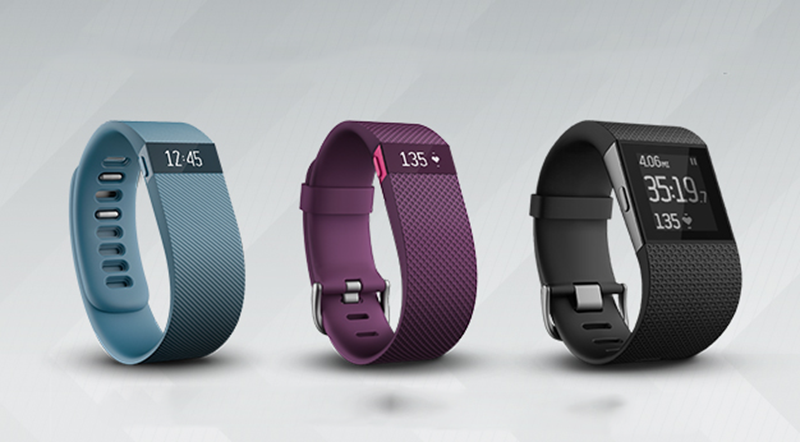The increasing demand for low-cost wearables and rising disposable income in emerging economies are behind the growth in wearable materials market, according to a report by Report Linker. The market size for wearable materials is estimated at USD 1.5 billion in 2018 and is projected to reach USD 2.9 billion by 2023, at a CAGR of 15.0% between 2018 and 2023.
Read more Healthcare Wearables Market to Reach $60 Billion by 2023, Says Juniper Research
Consumer preference for sophisticated wearables and growing popularity of connected devices are also the factors that behind the expansion in wearable materials market.
However, there are also factors that are restraining the growth of the market. Highly volatile prices of materials are causing scarcity for durability and supple wearable materials.
The silicones segment is expected to be the fastest-growing type of wearable materials. This is owed to the increasing use of silicones for wearable medical devices. One of the major advantages of using silicone technology in wearables is its versatility. Silicone can be modified to adhere to a device’s specific requirements.

Specific characteristics such as adhesion, peel strength, permeability, transparency, and processing properties can be tailored to meet the requirements of the wearable device. Silicones are also non-cytotoxic and are not sensitive to the skin.
Silicone has low interfacial bonding for less impact on the skin with greater flowability for stable adhesion.
During the forecast period, consumer wearables such as, fitness trackers and smartwatches, is expected to be the largest application of the wearable materials market.
Read more Wearables Market to grow to $27 Billion with 137 Million Units Sold in 2022
The APAC wearable material market is projected to register the highest CAGR during the forecast period. This high growth is owed to the growing middle-class population, rapid urbanization, and increasing purchasing power of consumers.
Key players profiled in this report include: BASF (Germany), DowDuPont (US), Wacker Chemie (Germany), DSM (Netherlands), Arkema (France), Eastman Corporation (US), Shin-Etsu (Japan), Elkem (Norway), Momentive performance materials (US), and Lubrizol (US).












